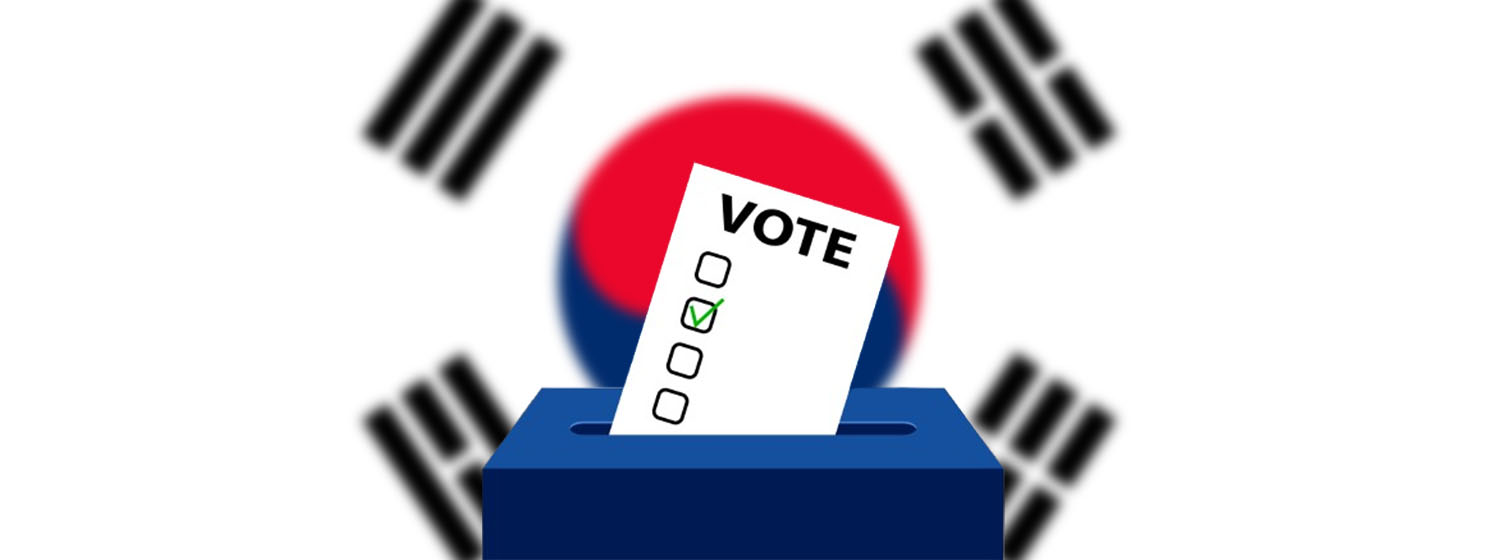|
Getting your Trinity Audio player ready...
|
The Democratic Party of Korea (DPK) has set up a new digital asset committee to aid in promoting adoption and formulating enabling regulations for the sector.
Announcing the new committee, DPK Chairman Yoon Yeo-jun stated that digital assets have become critical to maintaining South Korea’s economic sovereignty. However, regulatory uncertainty has limited growth in the East Asian nation. The new committee will address these gaps and establish supportive policies ahead of the upcoming presidential elections.
“We must actively embrace core assets of future finance, such as stablecoins, non-fungible tokens (NFTs), and security token offerings (STOs), and leap forward as a global financial hub,” stated Chairman Yeo-jun.
Pro-crypto legislator Rep. Min Byeong-deok will head the new committee. He is behind the Digital Asset Basic Act, which establishes a legal framework for digital assets, including setting the foundation for a national stablecoin authorization framework.
Min pledged to push new laws that “protect investors and promote the industry.”
“We will clearly define the concept of digital assets in the basic law and establish a Presidential Committee on Digital Assets to secure the autonomy and transparency desired for digital assets.”
In addition to lawmakers and party officials, the new committee includes officials from some of Korea’s largest ‘crypto’ exchanges, such as Bithumb, Upbit, and Coinbit. Industry experts and academia were also included.
Leaders woo 16 million digital asset holders as elections loom
The new committee by the DPK is the latest in a string of initiatives targeting South Korea’s vast digital asset community ahead of pivotal presidential elections. The polls, set for June 3, pit the party’s Lee Jae-myung against the People Power Party’s (PPP) Kim Moon-soo.
Immediately after taking over as chairman of the new committee, Min pledged the Democratic Party’s commitment to repealing the ‘one exchange, one bank’ rule, which he says has “clear shortcomings.”
The rule, established by the Financial Services Commission (FSC), requires each exchange to establish a relationship with one lender to enable easy fiat on- and off-ramps. As we reported, many small exchanges struggled to secure a banking partner, with most lenders wary of the risks that ‘crypto’ poses; the unclear regulations at the time didn’t help either.
The PPP is also targeting the ‘crypto’ faithful, with candidate Moon-soo pledging to protect investors if he takes the top seat. Moon-soo currently trails in the polls as he seeks to assume the role left vacant after Yoon Suk Yeol—his party colleague—was impeached last December.Moon-soo has also pledged to abolish the ‘one exchange, one bank’ rule, which he says has restricted the exchanges. He also wants to allow spot ETF trading within the following year.
Bank of Korea wants stablecoin mandate
Meanwhile, the Bank of Korea (BOK) has called on legislators to give it authority over won-pegged stablecoins, saying they could disrupt the country’s monetary policies.
USD-pegged stablecoins dominate the South Korean ‘crypto’ market, but local firms have been exploring won-based alternatives as stablecoins become a critical part of the sector. If lawmakers legalize these won-based tokens, BOK should be given an oversight mandate, says Koh Kyung-chul, who heads the bank’s electronic finance department.
“Stablecoins have a significant impact on central bank policy implementation, including monetary policy, financial stability, and payment and settlement. Regarding issuer entry regulations, the central bank needs to be granted substantial legal authority at the authorization stage,” stated Kyung-chul.
His remarks were reiterated by another senior BOK official, who told one local outlet that stablecoins “could complicate monetary policy operations, necessitating BOK’s involvement in the authorization process.” The unnamed official claimed that in other countries, including the United States, central banks are at the heart of stablecoin policymaking.
Stablecoins have become integral to the digital asset sector and beyond. Citi (NASDAQ: C) projects a $3.7 trillion market cap by 2030, while a separate report said issuers will hold more U.S. Treasuries than China and Japan.
But while the BOK calls for regulatory supremacy, legislators have questioned whether the central bank is best suited to police the sector.
Rep. Min Byeong-deok, who was recently appointed the chairman of the DPK’s digital asset committee, is the latest to cast doubts over BOK’s ability. He stated that if the party wins the June 3 elections, it will discuss who should oversee stablecoins between the BOK and the FSC. The Democratic Party’s candidate, Lee Jae-myung, has a substantial lead in the polls.
Watch: It’s time for regulation to enable blockchain growth

 02-25-2026
02-25-2026 




